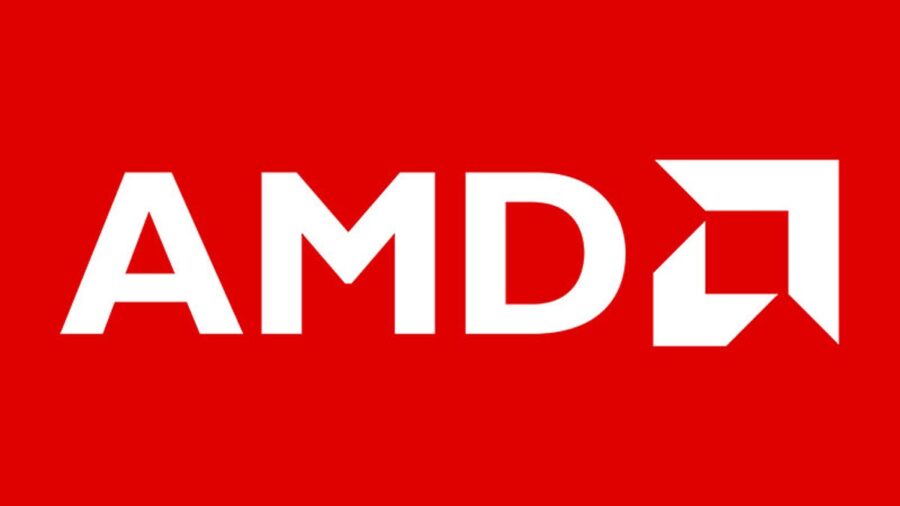Nvidia’s DLSS isn’t foolproof, but when it works the performance benefits of AI-powered upscaling can be astonishing. It’s why fans have been pushing AMD for almost a full year to come up with an AI-powered solution of their own, and today, AMD finally announced it. Even better: it’ll work on any GPU hardware.
This story originally appeared on Kotaku Australia.
Termed FidelityFX Super Resolution (FSR), the technology is basically AMD’s response to Nvidia’s deep learning super sampling (DLSS). But as consumers saw when DLSS was first unveiled, AMD’s technology won’t be broadly implemented to begin with. Only 10 games and game engines will support AMD’s FSR this year, although AMD’s hope is that their open-source approach will lead to faster adoption in the long-term.
And AMD might be right, especially since AMD’s FSR doesn’t just work on AMD hardware — it supports Nvidia cards too. In an embargoed briefing, AMD showed a performance slide from Godfall where it claimed a Geforce GTX 1060 — the most popular GPU according to the latest Steam hardware surveys — went from 27 FPS to 38 FPS while running at 1440p on Epic settings.
G/O Media may get a commission
It’s a bit of a weird test, and AMD’s footnotes added that the testing machine was a Ryzen 5950X CPU running the October 2024 Windows 10 update — but not the May 2024 update, which AMD used for another benchmark slide comparing FSR’s performance in different modes. You wouldn’t play a game like Godfall at less than 60 FPS anyway, even on console, given its nature.
Journalists asked during the briefing whether FSR had any resolution restrictions, as Nvidia’s DLSS technology did in its initial implementation. AMD said they would provide more detail on June 22, or June 23 Australian time, which is when FSR is due to launch.
That’s also when we’ll get the full list of games and engines that support FSR out of the game. If Godfall is any indication, there’s a lot to look forward to. The very good 6800 XT, under AMD’s testing, only runs at 49 FPS in Godfall when ray-tracing and all settings are maxed out.
But with FSR enabled, that frame rate jumps to 78 FPS at the lowest upscaling setting (Quality) and 150 FPS at best (when Performance is enabled).
AMD was pressed on the rendering resolution for each of the settings. Nvidia’s DLSS generally can render up to 4x the internal resolution, so a 4K game running in Performance mode would be using AI to upscale the image from 1080p. (Some titles, like Cyberpunk 2077, have an Ultra Performance mode available which upscales the images by a factor of 8x. It’s not really worth it though — you’re better off playing at 4K due to the loss of image quality and the hit to frame rate.) AMD, however, added that more detail would be announced on June 22.
It’ll be interesting to see just how difficult FSR is to implement when AMD reveals more details in a few weeks. We’ve seen DLSS takeup accelerate a lot lately ever since Nvidia released an Unreal Engine plug-in to make it easier on developers. If AMD can integrate its tech seamlessly enough into major engines like Unreal, Unity and some of the bespoke offerings like Frostbite, AMD’s AI-powered upscaling might start to make a difference much sooner than many had hoped.
Kotaku
Source link
Related Post:
- Intel XeSS is Alchemist’s answer to DLSS and FSR, and can work on anyone’s GPU
- EVGA To Replace All Those Expensive GPUs Killed By Amazon’s MMO
- Crimesight is Konami’s answer to Among Us, and it’s holding a closed beta now
- Marvel is Disney’s answer to The Office in the streaming wars
- Steam Deck Is Valve’s Answer To The Switch, Out In December
- XDefiant is Ubisoft’s free-to-play answer to Call of Duty multiplayer
- Your weekly PC hardware catchup: flashy Razer keyboard kits and adorable Nvidia GPUs
- Intel XeSS should work on AMD RDNA 2 and Nvidia Ampere, Turing, & Pascal GPUs
- Nvidia Announces RTX 3080 Ti and GeForce RTX 3070 as its New Flagship GPUs
- AMD RX 6600 GPUs listed by Powercolor, ready to rival Nvidia’s RTX 3060 lineup
